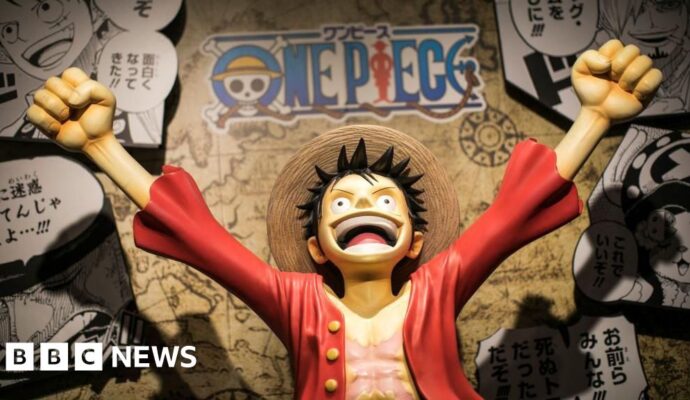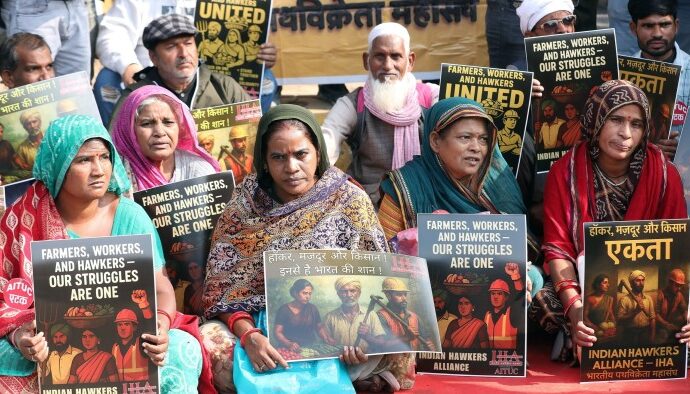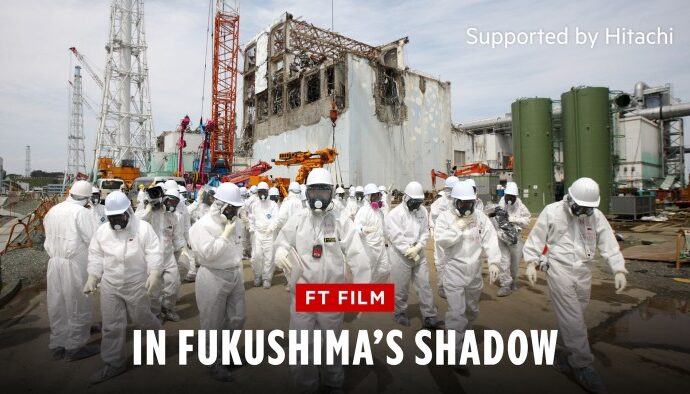Unlock the Editor’s Digest for free
Roula Khalaf, Editor of the FT, selects her favourite stories in this weekly newsletter.
Less than a year after a scandal embroiled its then China boss, pharma group AstraZeneca appears to have bounced back, maintaining sales and avoiding major fallout in the country.
Since Leon Wang’s arrest last October during a probe of alleged illegal drug sales, the UK-listed company has installed new local leadership, launched an employee incentive scheme and pledged $2.5bn for a Beijing research and development centre — the centrepiece of a strategy aimed at stabilising its China business.
AstraZeneca’s latest results suggest progress in the country which accounts for 13 per cent of its revenues. After a 1 per cent fall in the last three months of 2024, sales in China were up 4 per cent in the first half of this year to $3.5bn, driven by the inclusion of two cancer drugs in a national reimbursement scheme and by solid demand for long-standing drugs in poorer regions.
Its shares, which fell more than 10 per cent in the days after the news of Wang’s arrest, have recovered.
Since the scandal broke, chief executive Pascal Soriot has been in China a couple of times, including for a conference in March where he was also selected to be part of a group of foreign executives that met Chinese President Xi Jinping.
“This was a big relief for the company. The list of attendees is heavily scrutinised,” said a person who was involved in the planning.
“The storm seems to be blowing over. The company is back in growth mode,” said Bruce Liu, head of the China life-sciences practice at consultancy Simon-Kucher.
Last year, police arrested Wang, as well as AstraZeneca’s former head of oncology in China, over the alleged illegal importation and sale of the cancer drug Imjudo through Hong Kong.
Separately, between 2020 and 2021 around 100 AstraZeneca salespeople were sentenced for insurance fraud for doctoring test results of patients who otherwise would not have qualified for state insurance for one of the group’s drugs.
Soriot has tried to distance the company from the scandals, saying after Wang’s arrest that it was hard for the head office to police its 18,000 staff in China. A close associate said Soriot had never denied that some people may have broken the law but had acted quickly to contain the fallout.
AstraZeneca announced the new R&D centre in Beijing just before the group of foreign executives met Xi. It already has a centre in Shanghai, a city with a bigger concentration of biotech companies. The close associate of Soriot said the company had offered to make the investment in the capital. The centre has been welcomed by Beijing, which is seeking to attract foreign investment as it contends with a sluggish economy.
AstraZeneca’s experience contrasts with that of GlaxoSmithKline, which suffered several years of declining sales after some of its senior staff in its China subsidiary were accused of bribery in 2014.
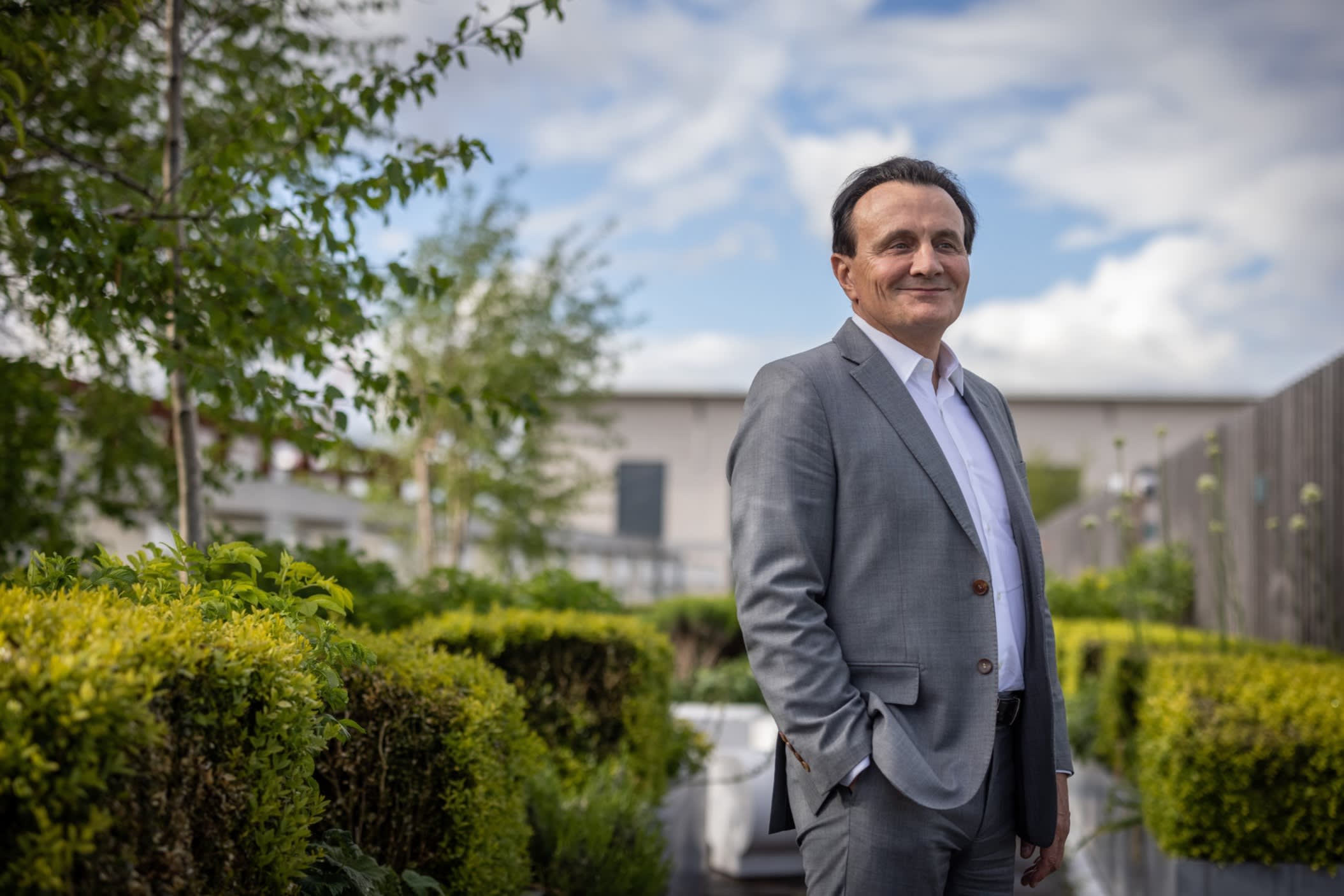
“GSK was iced out for several years. But today, China is in a very different position. It has got better at handling these situations and doesn’t want to overreact and freak out other multinationals,” said a consultant who advises foreign companies.
AstraZeneca appointed a new head of China last year, but people with knowledge of the situation say that changes made by Wang laid the foundations for its current strong performance in the country. Granted broad autonomy, Wang expanded into smaller cities, making partnerships with local hospitals to build specialised cardiovascular and respiratory clinics, entrenching the company’s drugs.
This strategy has helped the company manage the fallout from drug pricing reforms, beginning in 2018, that put hospitals under pressure to find cheaper domestically made alternatives to branded generic drugs manufactured by multinationals.
Liu said AstraZeneca has “successfully grown demand” for its generic drugs in smaller Chinese cities, where there tends to be less scrutiny on budget control.
Recent wins include the addition of the breast cancer drug Enhertu to the national reimbursement list, allowing it to be prescribed to patients in the public health system. This helped push sales in AstraZeneca’s “emerging markets” region, which includes China, up 63 per cent to $365mn in the first half. The rare disease treatment Koselugo has also performed well in China, analysts say. The company did not provide a geographic breakdown of its sales.
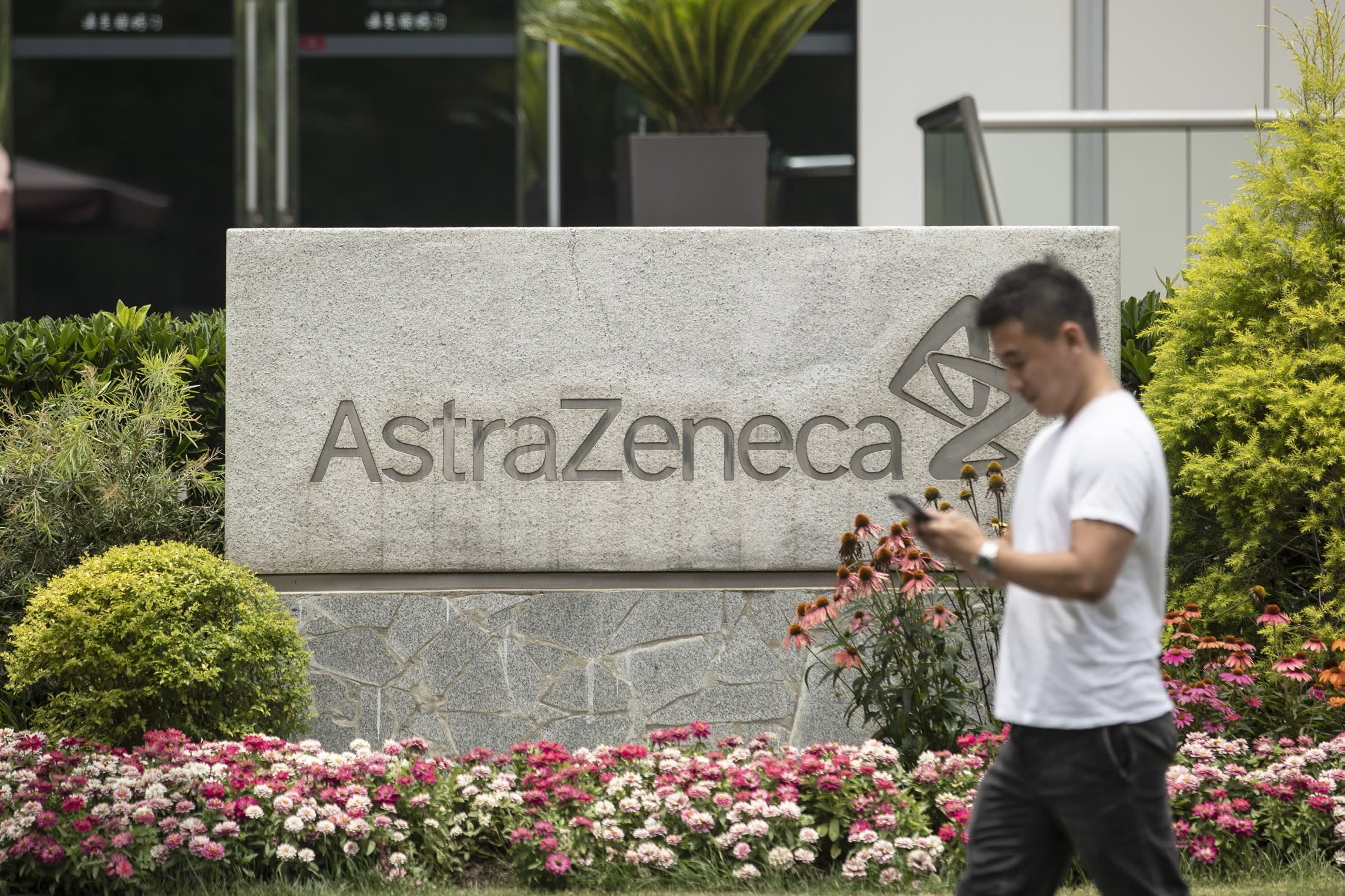
Shirley Chen, a Barclays analyst, said that “AstraZeneca’s efforts to maintain its market presence in China have been largely successful . . . investors who closely follow the company no longer seem to be focusing on the investigation in China”.
But for employees, Wang’s absence is still felt. He remains in detention, with no update on the investigation, according to several people close to the company. AstraZeneca declined to comment.
Wang, known for his charisma, ran AstraZeneca’s China business for a decade and was celebrated, including by state media, as one of the most influential Chinese executives at a multinational corporation. He was replaced by company veteran Iskra Reic.
One long-term employee noted that, despite the company’s strong financial performance, morale had not yet recovered following the scandal.
“AstraZeneca’s revenues are doing well. We have a good product pipeline, and doctors and patients recognise the product. But at the company, we’re going through a much more challenging time than under Leon,” said one employee. “It is physically demanding and mentally taxing.”
